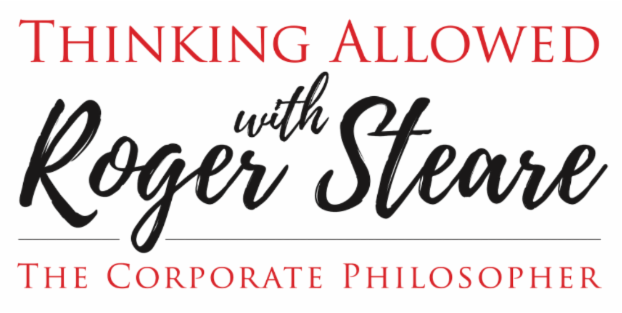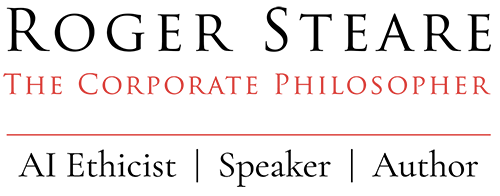When should we use AI or human intelligence?
There’s a lot of hype about AI at the moment. I was chatting with one of my speaker agents last week, and she told me she was inundated with requests for conference speakers on AI. The Gartner Hype Cycle for Artificial Intelligence in 2023 suggests that we are at the “peak of inflated expectations” about AI, which will be followed shortly by “the trough of disillusionment”! AI is clearly better than us at certain tasks like identifying malignant cancers in MRI scans. But how does AI compare with human intelligence? Where and when should we use them?
How do AI and human intelligence work?
AI uses algorithms and data to function. It follows coded instructions and learns from large datasets using techniques like machine learning. AI is excellent at recognizing patterns, analyzing data, and consistently performing previously defined tasks. On the other hand, human intelligence is more comprehensive. It encompasses emotional intelligence, consciousness, and the ability to understand context and make judgments even with incomplete information. Humans have the capacity for creativity, empathy, and moral reasoning.
When should we use AI?
AI is often more skilled at dealing with large amounts of data and doing repetitive tasks without getting tired. It’s particularly good at things like analyzing data, spotting patterns, and carrying out precise tasks like handling transactions.
When is human intelligence better?
Humans do better than AI in tasks that need grasping context, emotional intelligence, creativity, and moral judgment. For example, in things like art, providing counselling, or negotiating, human intelligence is more powerful because it requires empathy, intuition, and understanding of human feelings. Human intelligence is also superior when dealing with new situations or tasks that call for a deep understanding of cultural and societal norms.
What are the limitations and dangers of AI?
AI systems can have biases if they are trained on biased data, which can result in unfair or unethical results. They also cannot make moral judgments or understand ethical subtleties. AI is also limited in its ability to do tasks that need general understanding or common sense, often having difficulty with tasks that are easy for humans. But then again, we can all be guilty of any of these limitations and dangers!
So how are you and your colleagues planning to use AI? Have you considered how you plan to improve your use of human intelligence?! Perhaps we can get the best of both worlds by thinking about how we should use AI and human intelligence together.

Thinking Allowed is a weekly blog of essential reading for anyone interested in better thinking and decision-making at work. It is written by Roger Steare, the Corporate Philosopher, a Financial Times columnist and author of books and ebooks with sales of over 600,000 copies.
By submitting this form, you are consenting to receive marketing emails from: Roger Steare. You can revoke your consent to receive emails at any time by using the SafeUnsubscribe® link, found at the bottom of every email. Emails are serviced by Constant Contact

